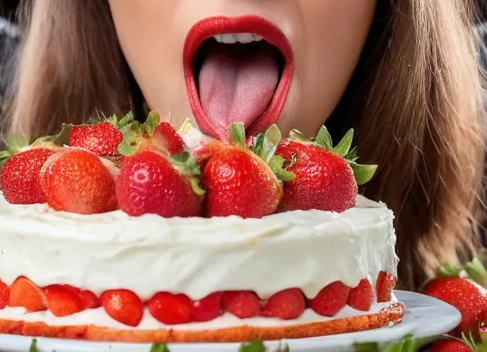When you eat something sweet, even if it’s sugar-free, your brain might think, “Alright, sugar is on the way!” But does that actually mean your body starts releasing insulin? Well, it’s a bit more complicated than that.
How Does Sweetness Work?

(AI)
When your tongue tastes something sweet, your taste buds send a signal to your brain saying, “Energy incoming!” That’s because sweetness is usually linked to sugar. Your body might start preparing, like getting your pancreas ready. But does it always lead to insulin release? It depends.
Sweeteners and Insulin – What’s the Deal?
Erythritol and sugar alcohols: These are pretty chill. They don’t raise blood sugar or trigger insulin release, which is why they’re great for people with diabetes or those on keto.
Artificial sweeteners (like aspartame, sucralose): This one’s a bit tricky. For some people, they might cause a small insulin spike because the body "expects" sugar.
Natural sweeteners (like stevia): They usually don’t affect insulin, but everyone’s body reacts differently.
What About the Brain?
A sweet taste can sometimes trick your brain – it activates the reward center, which might make you crave more food. But that doesn’t always mean insulin gets released.
So, What’s the Final Word?
In general, erythritol and most sweeteners are safe when it comes to insulin – they usually don’t cause spikes. But every body is different, so it’s worth paying attention to how you personally react. At the end of the day, it’s all about finding what works for you without overthinking it.